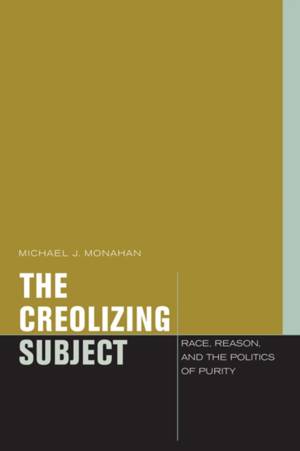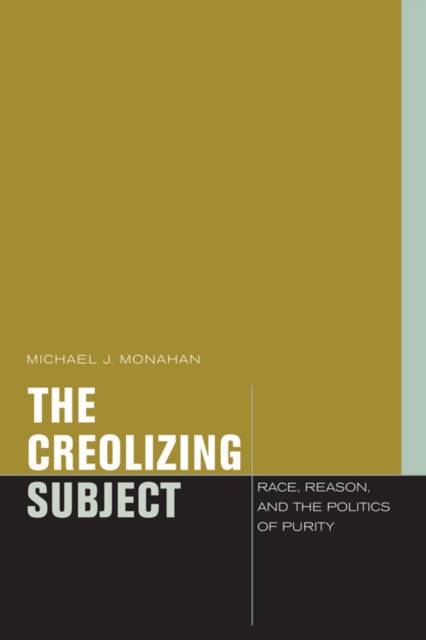
- Afhalen na 1 uur in een winkel met voorraad
- Gratis thuislevering in België vanaf € 30
- Ruim aanbod met 7 miljoen producten
- Afhalen na 1 uur in een winkel met voorraad
- Gratis thuislevering in België vanaf € 30
- Ruim aanbod met 7 miljoen producten
Zoeken
€ 145,45
+ 290 punten
Uitvoering
Omschrijving
How does our understanding of the reality (or lack thereof ) of race as a category of being affect our understanding of racism as a social phenomenon, and vice versa? How should we envision the aims andmethods of our struggles against racism? Traditionally, the Western political and philosophical tradition held that true social justice points toward a raceless future-that racial categories are themselves inherently racist, and a sincere advocacy for social justice requires a commitment to the elimination or abolition of race altogether. This book focuses on the underlying assumptions that inform this view of race and racism, arguing that it is ultimately bound up in a politics of purity-an understanding of human agency, and reality itself, as requiring all-or-nothing categories with clear and unambiguous boundaries. Racism, being organized around a conception of whiteness as the purest manifestation of the human, thus demands a constant policing of the boundaries among racialcategories.Drawing upon a close engagement with historical treatments of the development of racial categories and identities, the book argues that races should be understood not as clear and distinct categories of being but rather as ambiguous and indeterminate (yet importantly real) processes of social negotiation. As one of its central examples, it lays out the case of the Irish in seventeenth-century Barbados, who occasionallyunited with black slaves to fight white supremacy-and did so as white people, not as nonwhites who later became white when they capitulated to white supremacy.Against the politics of purity, Monahan calls for the emergence of a creolizing subjectivitythat would place such ambiguity at the center of our understanding of race. The Creolizing Subject takes seriously the way in which racial categories, in all of their variety and ambiguity, situate and condition our identity, while emphasizing our capacity, as agents, to engage in the ongoing contestation and negotiation of the meaningand significance of those very categories.
Specificaties
Betrokkenen
- Auteur(s):
- Uitgeverij:
Inhoud
- Aantal bladzijden:
- 268
- Taal:
- Engels
- Reeks:
Eigenschappen
- Productcode (EAN):
- 9780823234493
- Verschijningsdatum:
- 2/05/2011
- Uitvoering:
- Hardcover
- Formaat:
- Genaaid
- Afmetingen:
- 157 mm x 229 mm
- Gewicht:
- 453 g

Alleen bij Standaard Boekhandel
+ 290 punten op je klantenkaart van Standaard Boekhandel
Beoordelingen
We publiceren alleen reviews die voldoen aan de voorwaarden voor reviews. Bekijk onze voorwaarden voor reviews.











